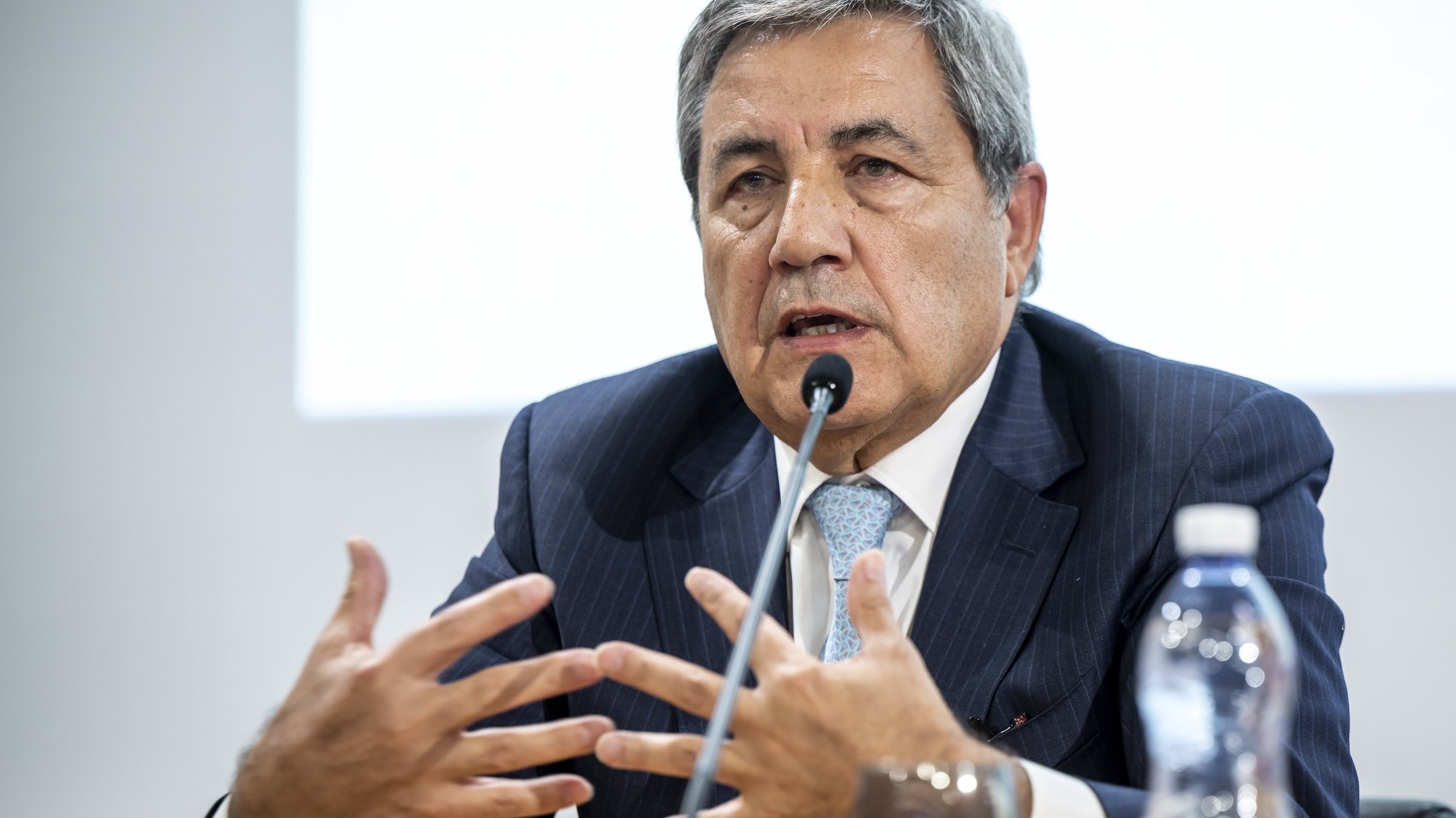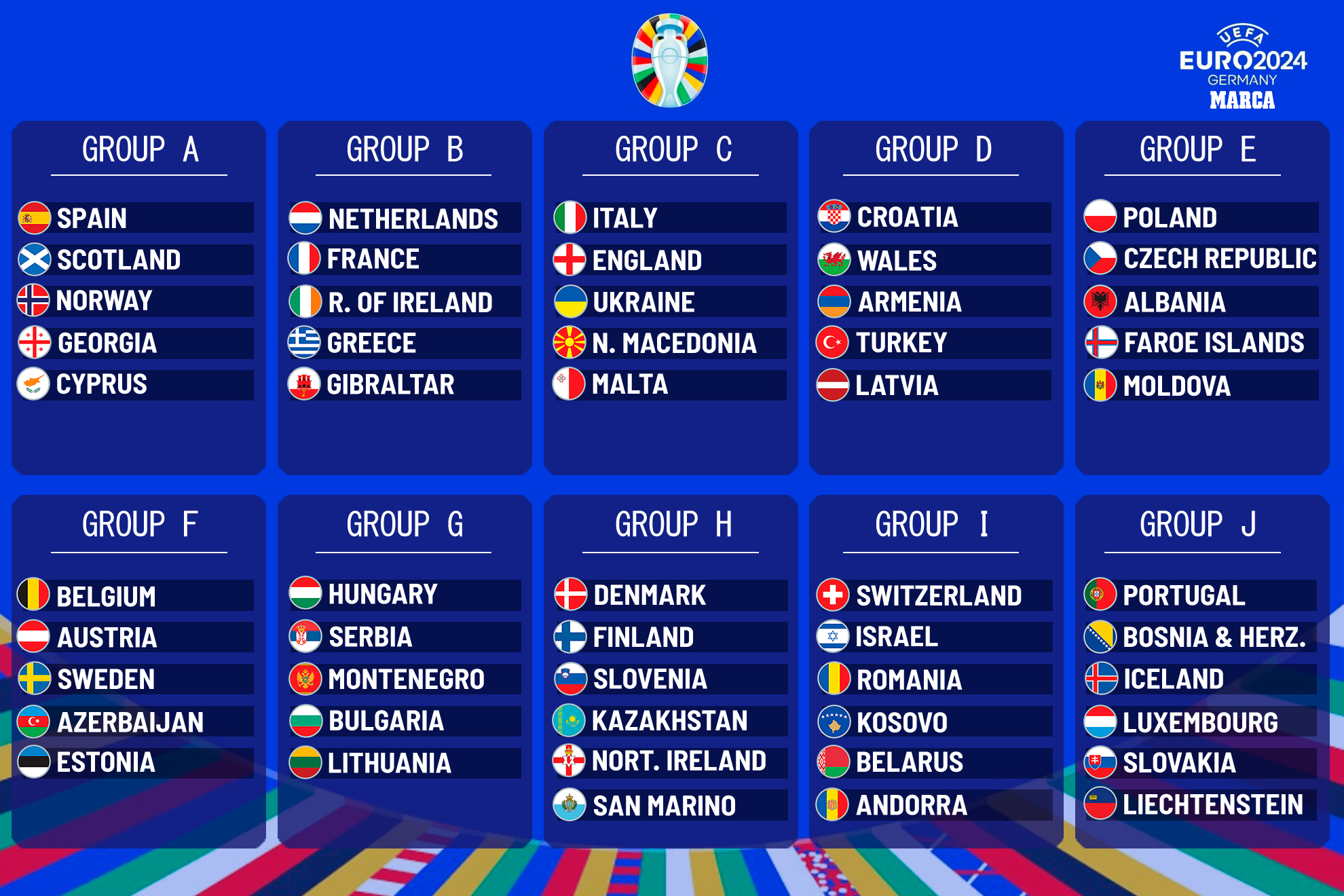The World Cup 2030: A Glimpse into the Next Decade of Soccer Glory promises to be a landmark event. The upcoming tournament is already generating considerable excitement, with nations vying for the honor of hosting and fans eagerly anticipating the spectacle. From the intense bidding process to the technological advancements on the pitch, the 2030 World Cup is poised to redefine the global game, leaving an indelible mark on the host nation(s) and the world at large.
The anticipation is palpable as we look ahead to a tournament expected to surpass all previous editions in terms of scale, innovation, and global engagement.
This exploration delves into the various facets of the 2030 World Cup, examining the bidding process, the anticipated economic and social impact on the host nation(s), technological innovations, team predictions, fan experience, and the tournament’s environmental considerations. We will analyze the strengths and weaknesses of potential host nations, forecast potential champions, and explore how technology will shape the future of the beautiful game.
The 2030 World Cup Bidding Process and Host Selection
The bidding process for the 2030 FIFA World Cup is a complex and rigorous undertaking, involving multiple stages of evaluation and assessment by FIFA. Nations interested in hosting submit detailed bids outlining their infrastructure, financial capabilities, and proposed plans for the tournament. These bids are then scrutinized based on predetermined criteria, including stadium capacity, security plans, and sustainability initiatives.
The final decision rests with the FIFA Congress, where member associations vote to select the host nation(s).
Bidding Process and Host Nation Selection Criteria
The bidding process typically begins several years before the tournament. Key stages include the submission of initial bids, followed by inspections by FIFA representatives who assess the candidate nations’ readiness. Criteria considered include existing and planned infrastructure, such as stadiums, transportation networks, and accommodation facilities; security and safety plans; financial guarantees; and the proposed legacy projects for the post-tournament period.
FIFA also assesses the nation’s human rights record and its commitment to environmental sustainability.
Comparison of Top Bidding Nations
While the exact bidders may vary, a hypothetical comparison of three leading contenders might reveal interesting insights. This comparison highlights the strengths and weaknesses of each nation based on projected capabilities. These projections are based on current infrastructure and economic forecasts, subject to change.
| Nation | Stadium Capacity (Average) | Infrastructure Readiness | Economic Impact Projections (USD Billion) |
|---|---|---|---|
| Spain/Portugal | 60,000 | High – Existing infrastructure largely adequate | 15-20 |
| Uruguay/Argentina/Paraguay/Chile | 45,000 | Medium – Requires significant investment in infrastructure | 10-15 |
| Morocco | 50,000 | Medium-High – Requires some upgrades to existing infrastructure | 8-12 |
Impact on Host Nation(s)
Hosting the World Cup can have a profound impact on the chosen nation(s), both economically and socially. The economic benefits can be substantial, including increased tourism, job creation, and investment in infrastructure. However, there can also be significant social and cultural changes, as well as potential negative consequences if not properly managed.
Economic and Social Impacts
The anticipated economic impact involves a surge in tourism revenue, increased employment opportunities in various sectors (hospitality, transportation, construction), and a boost to local businesses. However, the cost of hosting the event is also significant, requiring substantial government investment. Socially, the event can foster national pride and unity, but also potentially exacerbate existing social inequalities if not properly planned for and managed.
The influx of tourists can strain local resources and lead to increased living costs.
Legacy Projects and Their Success
Successful legacy projects aim to ensure that the positive impacts of the World Cup extend beyond the tournament itself. These projects might include new sports facilities, improved transportation infrastructure, and community development initiatives. However, many past World Cups have seen legacy projects fail to meet expectations or be underutilized after the event concludes.
- Successful: The 2006 World Cup in Germany saw significant improvements in public transportation infrastructure that continue to benefit the country.
- Unsuccessful: Some stadiums built for previous World Cups have fallen into disrepair or are underutilized after the tournament.
Technological Advancements in the 2030 World Cup
The 2030 World Cup is expected to showcase significant advancements in technology, building upon the innovations seen in previous tournaments. These advancements will enhance fan engagement, improve officiating, and enhance the overall viewing experience for global audiences.
Technological Advancements and Their Impact, The World Cup 2030: A Glimpse into the Next Decade of Soccer Glory

We can anticipate further refinements to VAR (Video Assistant Referee) technology, leading to more accurate and consistent officiating. Improved fan engagement tools, such as augmented reality (AR) applications and interactive broadcasts, will create a more immersive experience for viewers both in stadiums and at home. Higher-resolution broadcasting technologies, perhaps even incorporating holographic elements, will offer unprecedented clarity and detail.
Do not overlook explore the latest data about ¡Escándalo en el Bernabéu! La verdad oculta detrás de la sorprendente salida de Zidane.
These advancements represent a significant leap from earlier World Cups which relied on more rudimentary technologies.
Hypothetical Scenario: Impact of Advanced VAR
Imagine a crucial moment in the World Cup final. A potential penalty is awarded by the on-field referee, but the VAR system, using advanced AI-powered analysis, reveals a slight offside position by the attacking player. The decision is overturned, showcasing the accuracy and impact of the enhanced VAR system on a high-stakes match, preventing a potentially controversial outcome.
Team Predictions and Potential Champions

Predicting the outcome of a World Cup is always challenging, but based on current FIFA rankings and recent team performances, several nations stand out as potential contenders. The following analysis considers team strengths, weaknesses, and playing styles to create a hypothetical bracket.
Potential Qualifying Teams and Contenders
Based on current form and historical performance, teams like Brazil, Argentina, France, and England are likely to be strong contenders. However, other teams could emerge as surprise packages, especially if key players reach peak performance. Factors like injuries and team chemistry will significantly influence final outcomes.
Hypothetical Tournament Bracket
| Quarter-Final 1 | Quarter-Final 2 | Quarter-Final 3 | Quarter-Final 4 |
|---|---|---|---|
| Brazil vs. England | Argentina vs. France | Spain vs. Germany | Netherlands vs. Belgium |
| Semi-Final 1 | Semi-Final 2 | Final | Third Place Playoff |
| Brazil vs. Argentina | Spain vs. Netherlands | Brazil vs. Spain | Argentina vs. Netherlands |
Fan Experience and Global Engagement
The World Cup offers a unique and unforgettable fan experience, encompassing travel, accommodation, stadium atmosphere, and global engagement through digital platforms. However, managing fan safety and security remains a critical aspect of planning for such a massive event.
Fan Experience and Global Reach
The fan experience will be shaped by factors such as accessibility to venues, quality of accommodation, and the overall atmosphere within the stadiums. Social media and digital platforms will play a crucial role in fan engagement, allowing supporters from around the globe to connect and share their experiences. The global reach of the World Cup is immense, transcending cultural and geographical boundaries.
For example, a hypothetical global fan viewing party could involve simultaneous screenings in hundreds of cities across the world, creating a shared sense of community and excitement.
Challenges in Fan Safety and Security
Ensuring fan safety and security during the World Cup is paramount. Challenges include managing large crowds, preventing hooliganism, and addressing potential security threats. Robust security measures, effective crowd control strategies, and international collaboration are essential to mitigate these risks.
Sustainability and Environmental Impact: The World Cup 2030: A Glimpse Into The Next Decade Of Soccer Glory
Hosting a large-scale event like the World Cup has significant environmental implications. However, organizers are increasingly prioritizing sustainability initiatives to minimize the event’s carbon footprint and promote environmentally responsible practices.
Sustainability Initiatives and Environmental Impact
Sustainability initiatives might include using renewable energy sources, reducing waste generation, promoting sustainable transportation options, and investing in carbon offsetting projects. The environmental impact of a World Cup involves carbon emissions from travel, energy consumption, and waste production. The 2030 World Cup aims to improve upon the environmental performance of previous tournaments by implementing stricter sustainability standards and targets.
Minimizing the Environmental Footprint
- Implementing stringent waste management programs to minimize landfill waste.
- Utilizing renewable energy sources to power stadiums and other facilities.
- Promoting the use of public transportation and encouraging sustainable travel options.
- Investing in carbon offsetting projects to compensate for unavoidable emissions.
The 2030 World Cup is more than just a sporting event; it’s a global phenomenon with far-reaching consequences. From the economic boom in the host nation(s) to the technological advancements shaping the game, the tournament’s impact will be felt for years to come. As we eagerly await the unfolding drama on the pitch, one thing remains certain: the 2030 World Cup will leave an enduring legacy, captivating audiences worldwide and solidifying its place in football history.
The next decade of soccer glory is on the horizon, promising a spectacle unlike any other.



